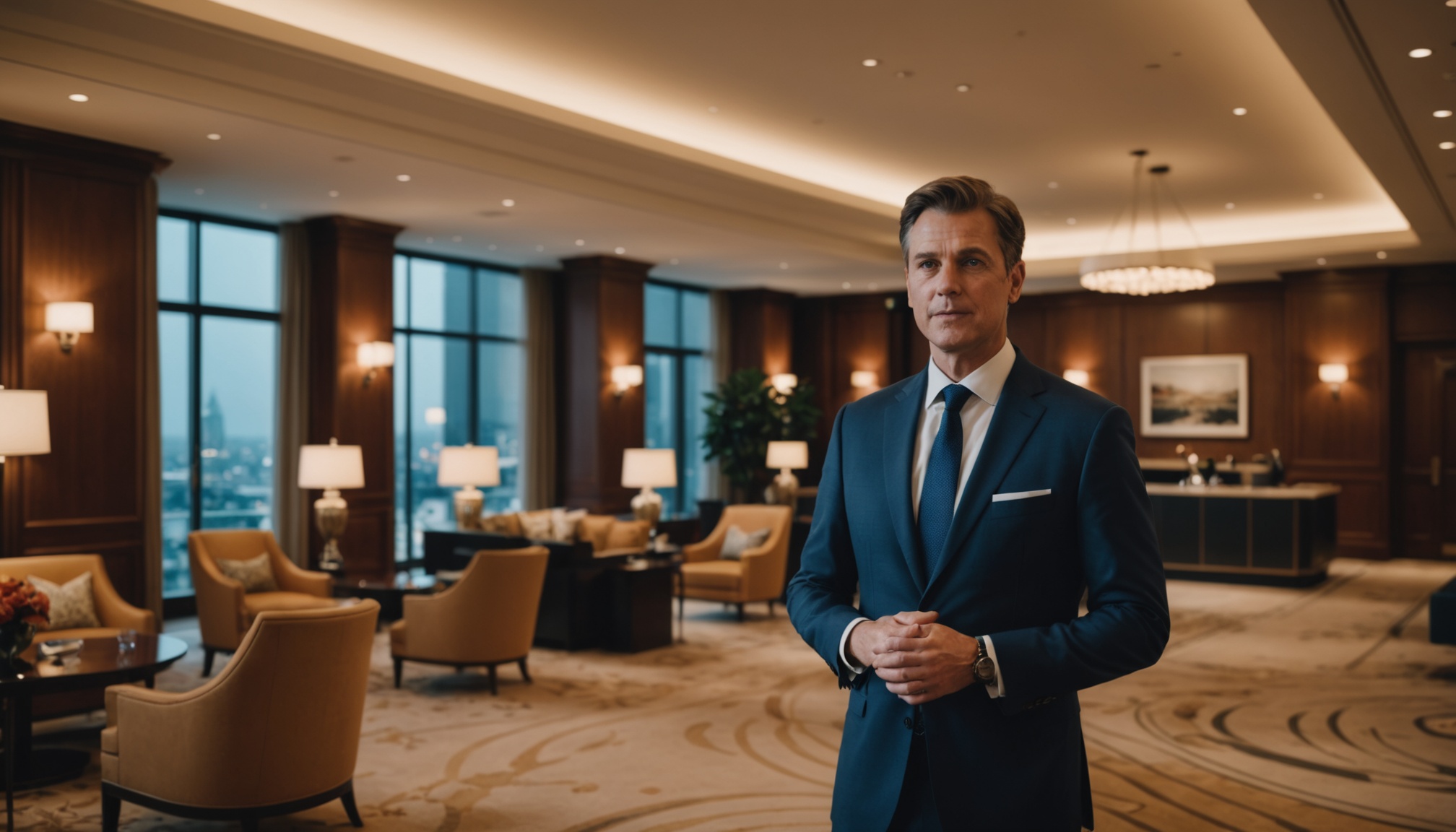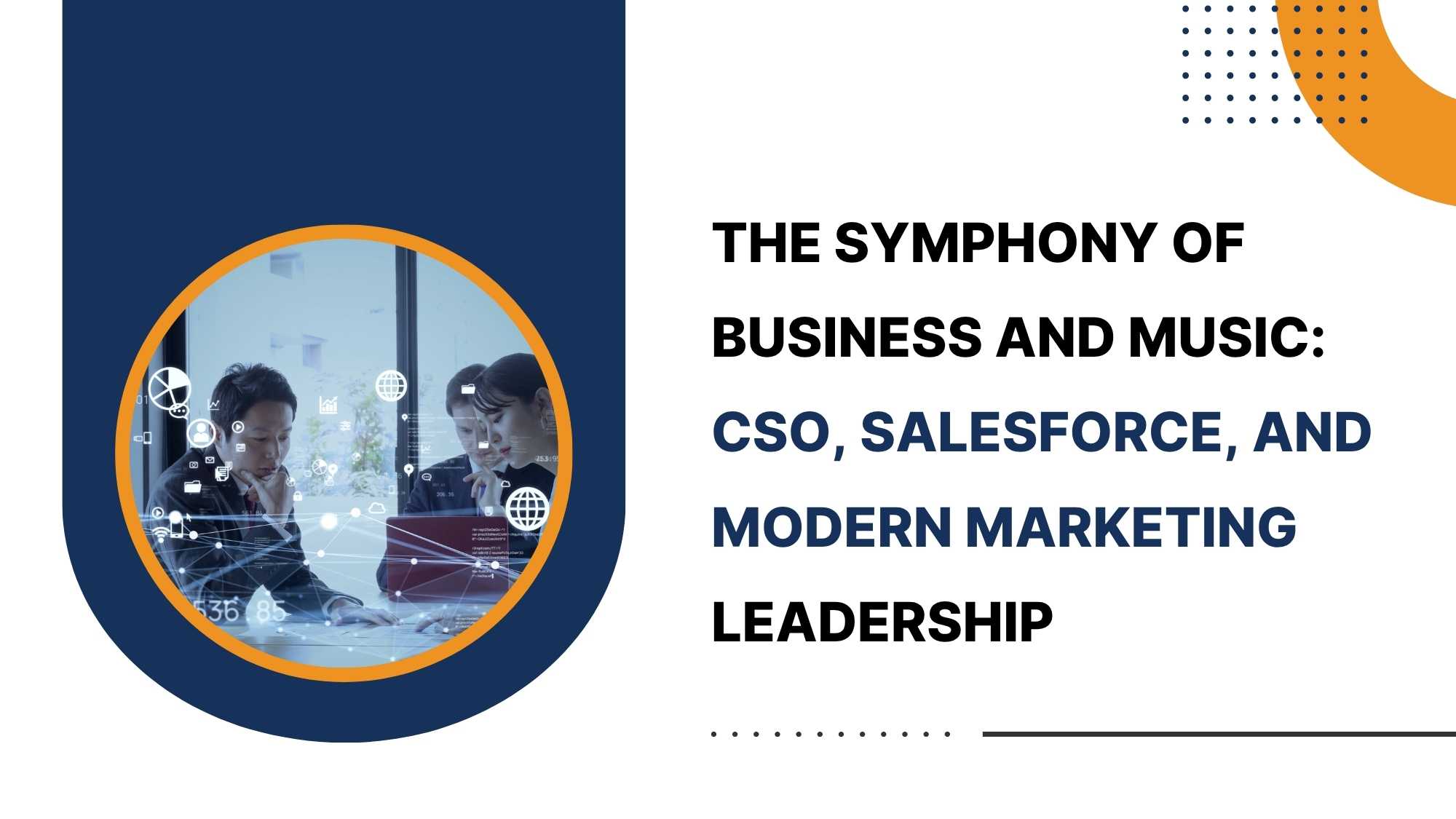For too long, hotel managers have been relegated to the role of crisis resolvers, constantly battling operational fires and buried under a mountain of data. The digital age promised efficiency, yet many hotels remain tethered to outdated systems and processes. This environment stifles innovation and prevents managers from focusing on the true essence of hospitality: creating exceptional guest experiences and building lasting relationships. However, a transformative shift is underway, powered by the intelligent application of artificial intelligence.
From Reaction to Anticipation
The beauty of AI in hotel management lies not in replacing human interaction, but in augmenting it. By analyzing vast datasets related to guest preferences, market trends, and operational performance, AI can provide predictive insights that empower managers to anticipate challenges and seize opportunities. Imagine a system that not only identifies potential staffing shortages but also proactively suggests solutions based on employee skill sets and availability. This allows managers to move beyond reactive problem-solving and strategically allocate resources to optimize efficiency and enhance guest satisfaction.
Unlocking the Blue Ocean of Hospitality
AI enables hotels to venture into the ‘blue ocean’ of untapped potential. Instead of competing solely on price and location, AI-driven insights allow hotels to create highly personalized experiences that cater to niche markets and emerging trends. For example, by analyzing social media data and online reviews, a hotel might discover a growing demand for sustainable travel options. It can then leverage this knowledge to curate eco-friendly packages and attract a new segment of environmentally conscious travelers. This proactive approach not only diversifies revenue streams but also elevates the hotel’s brand image.
The integration of AI also fosters a culture of empowerment among hotel staff. By automating routine tasks and providing real-time performance feedback, AI frees up employees to focus on more meaningful interactions with guests. Front desk staff can spend less time processing paperwork and more time building rapport with arriving guests. Housekeeping teams can proactively address guest requests based on predicted needs. This shift not only enhances the guest experience but also boosts employee morale and reduces turnover.
The Dawn of the AI-Powered Hotel
The future of hotel management is not about robots replacing humans; it’s about humans and AI working in synergy to create a more efficient, personalized, and fulfilling hospitality experience. By embracing AI as a strategic tool, hotel managers can transform themselves from reactive problem-solvers into visionary leaders, driving innovation, fostering a culture of excellence, and ultimately, creating lasting value for their guests, employees, and stakeholders. The time to embrace this transformation is now, before being left behind in the red ocean of outdated practices.













